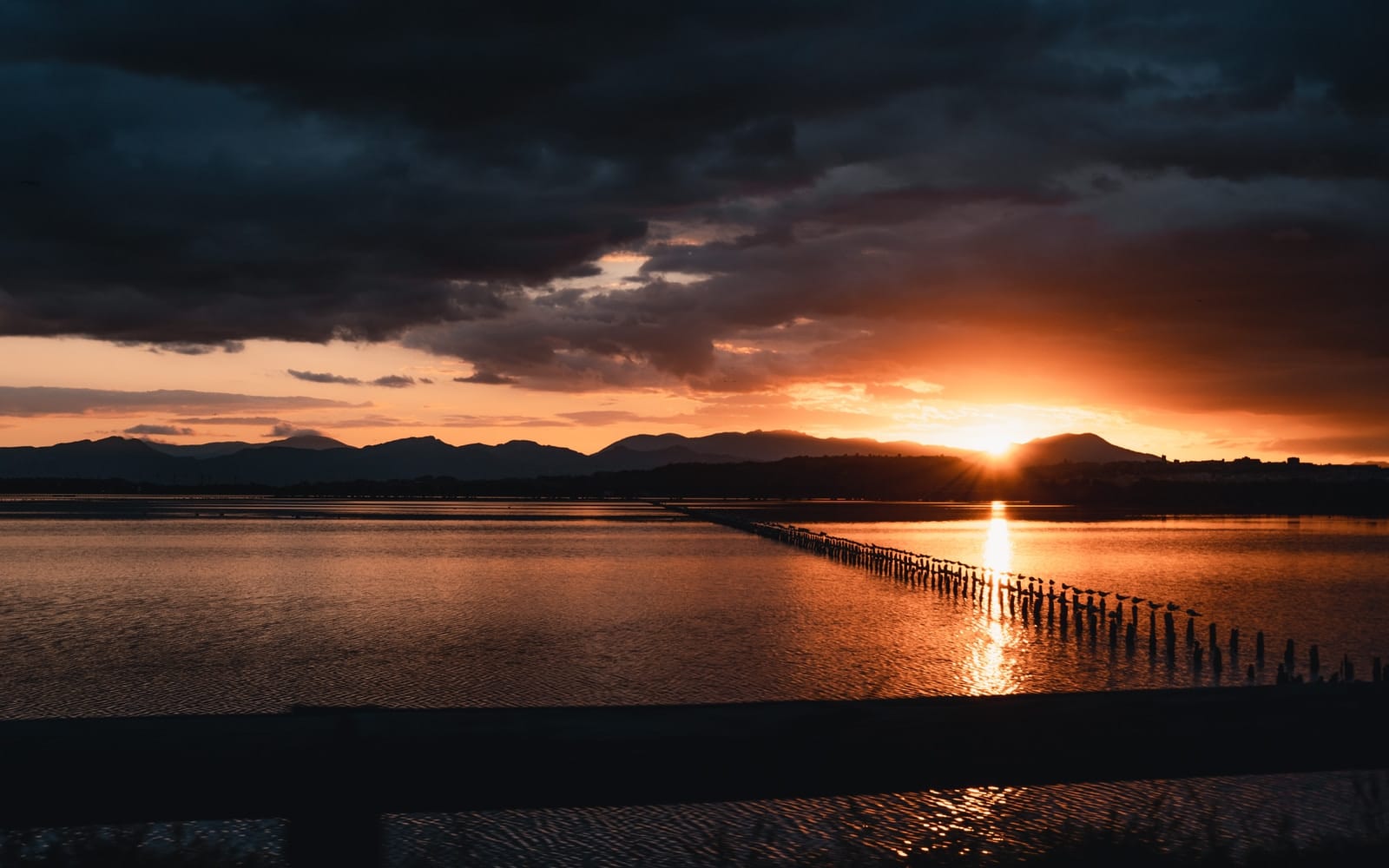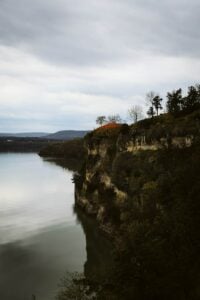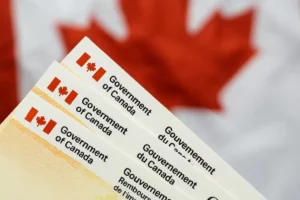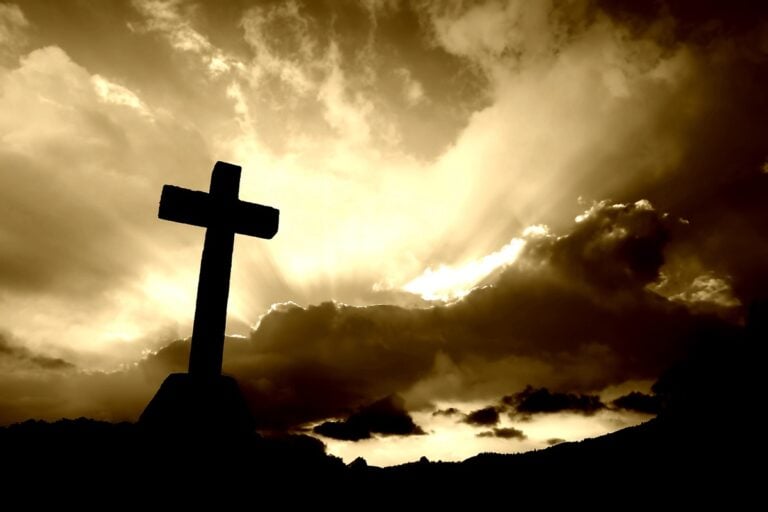
YOUR ONLINE GUIDE TO END OF LIFE ARRANGEMENTS
Funeral Homes Nearby
Learn everything you need to
know about funerals and find a local funeral home

Find a Local Funeral Home Near You
This website was created to help ease the stress at a time when you have lost a loved
one and are looking to provide them with a funeral that celebrates their life and honors their wishes. Our new feature makes it easy to find a funeral home near you. Simply select by town, city, or community. Locate a funeral home in the U.S. and Canada.
What’s New
New posts about funerals and end of life issues to help you navigate end-of-life arrangements and

Ace Frehley: His Life, Legacy, Illnesses, Final Days & Funeral

Robert Redford: His Life, Legacy, Final Days, Death, and Funeral

Loni Anderson: Her Life, Legacy, Illness, Final Days, and Funeral
Cremation
Learn about the most common end of life arrangement.

Where Can You Scatter Ashes in Florida Waters? Rules for Ocean, Lakes, Rivers, and Parks

What Are My Options If My Loved One Wanted a Burial but We Can’t Bury Them Immediately?

Ash Scattering Rules in Montana
Aquamation
Aquamation is a fairly new water based method of disposition. Here are some related posts. See more aquamation posts.

Aquamation in Oklahoma

Aquamation in Illinois

Aquamation in Vermont
Funerals in the U.S.
Learn about funerals in the United States, including costs, traditions and more. See all U.S. posts.

EPA Rules for Scattering Ashes in Water

Understanding After: Direct Funeral Planning and Preplanning Services

How to Verify Ash Scattering Rules in Your County
Funerals in Canada
Learn about funerals in the Canada, including costs, traditions and more. See all Canadian posts.

How to Deposit an Estate Cheque in Canada

Does Remarriage Cancel CPP Benefits in Canada?













